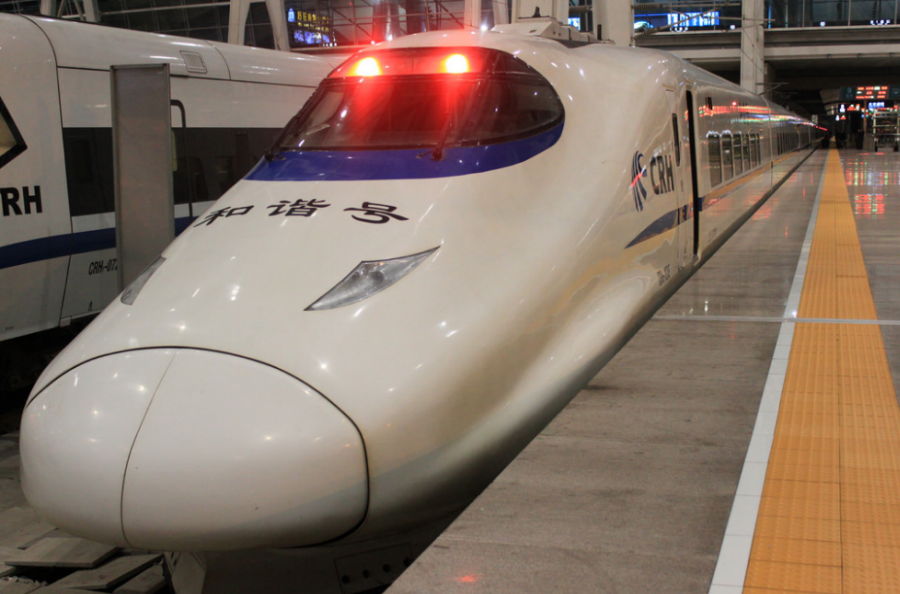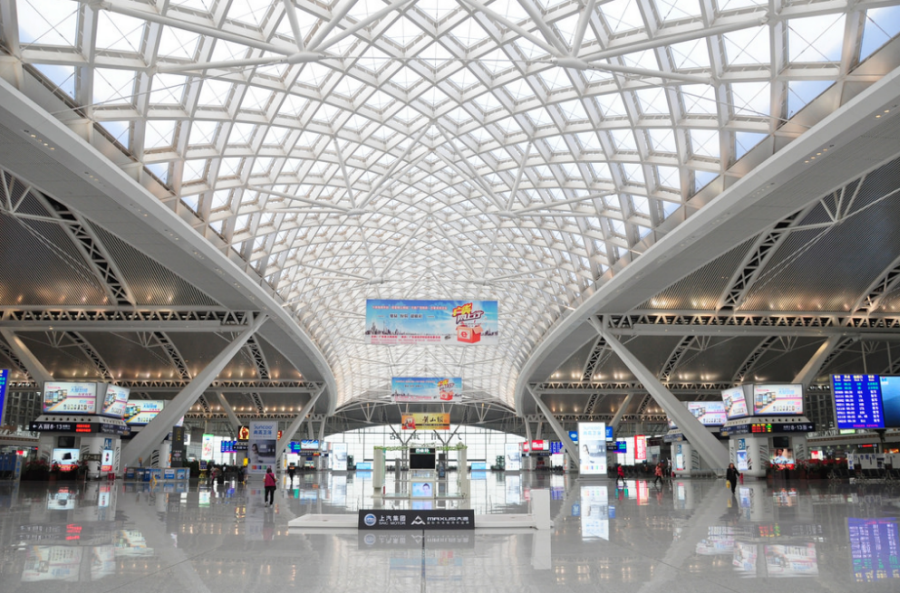Most of those roads and railways that China built were a waste, study
China's infrastructure investments have been a net negative due to high cost over runs that have overwhelmed returns and the added debt has made the country more exposed to financial shocks, says lead author Atif Ansar in a study published this July in Oxford Review of Economic Policy.
The authors looked at various infrastructure projects, such as rail and road, and assessed the return on investment. Infrastructure projects were on average 30.6% higher than estimated costs. Railways performed the worst. Seven out of 10 roads went over budget, whereas nine out of 10 rail projects went over budget.
And while costs were higher, projected traffic totals for many of these roads and railways didn't materialize. About two-thirds of 156 projects had benefit shortfalls, that is actual traffic volumes were biased below forecasts.
"The magnitude of bias in these instances is staggering: the average traffic shortfall for these routes was -41.2%. Some routes received less than 20 per cent of their forecast traffic," writes the authors.
Interestingly, China performed no better or worse than rich democracies in controlling cost over runs. Projects could be expedited with stronger, central governments, but the drive to build quickly came at a cost.


The Beijing-Shanghai High-Speed Railway. Creative Commons image by dunhilaryu
"China has built infrastructure at impressive speed in the past but, it appears, by trading-off due consideration for quality, safety, social equity, and the environment. The frequent laments by politicians in rich democracies that public consultation processes amount to dithering' are misguided."
The build out has greatly added to China's debt. China spent US$4.6 trillion in 2014 accounting for 24.8 per cent of worldwide total investments and more than double the entire GDP of India. The authors cite a McKinsey study showing that between 2000 and 2014 China's total debt grew ". . . from US$2.1 trillion to US$28.2 trillion, in current prices-an increase of US$26.1 trillion, greater than the GDP of the US, Japan, and Germany combined."
"Generalizing from our sample, evidence suggests that over half the infrastructure investments in China made in the last three decades have been NPV negative. Far from being an engine of economic growth, a typical infrastructure investment has destroyed economic value in China due to poor management of risks that impact cost, time, and benefits."
"A firm that systematically makes negative NPV investments will run itself aground," warns the authors.


Guangzhou High Speed Railway Station. Creative commons images by Michael Gwyther-Jones.